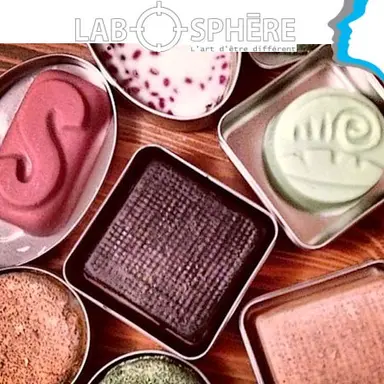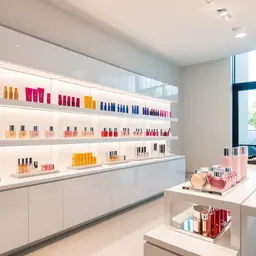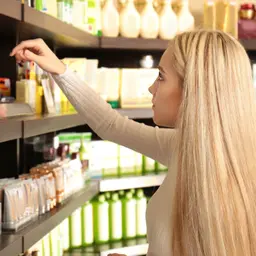
When we talk about solid cosmetics, we know that the consumer who is going to buy and use these products is motivated by curiosity to discover new galenic forms for certain types of products, leading to changes in their “hygiene or care rituals”. Another motivation (which is not incompatible with the first) may be the desire to profoundly change their consumption habits. What about us, formulators, who must always develop innovative products while carrying out relevant analyses to assess the product’s lifespan and ensure consumer safety? An insight by Estelle Dehier, from Labosphère.
For the majority of these “new solid products” in development, the aim is to reduce or even eliminate packaging. The product is therefore stored, generally in the bathroom (shower gel or solid shampoo) or on the edge of the washbasin (soap, deodorant), in the open air, for the duration of its use…
Microbiological challenges
In addition, most of them require the product to be wetted before use, causing a primary contamination from the outset. If microbiological contamination occurs, will it be bacterial, fungal or yeast contamination? Are the bacteriological analyses traditionally carried out adequate and appropriate?
How can the cleanliness of the product be assessed? How can we ensure that it remains stable over time? What is the acceptability from a microbiological point of view for these products? Can these products be considered to be bacteriologically more sensitive, due to their use and storage, than conventional galenical products? Even though they contain very little water?
Is it necessary to extrapolate the microbiological analyses classically carried out on conventional anhydrous products such as make-up products (lipsticks, lip balms)?
Rancidity challenges
Formulated mainly with natural ingredients, these products also encounter ageing problems, such as rancidity over time.
This phenomenon can also be …













